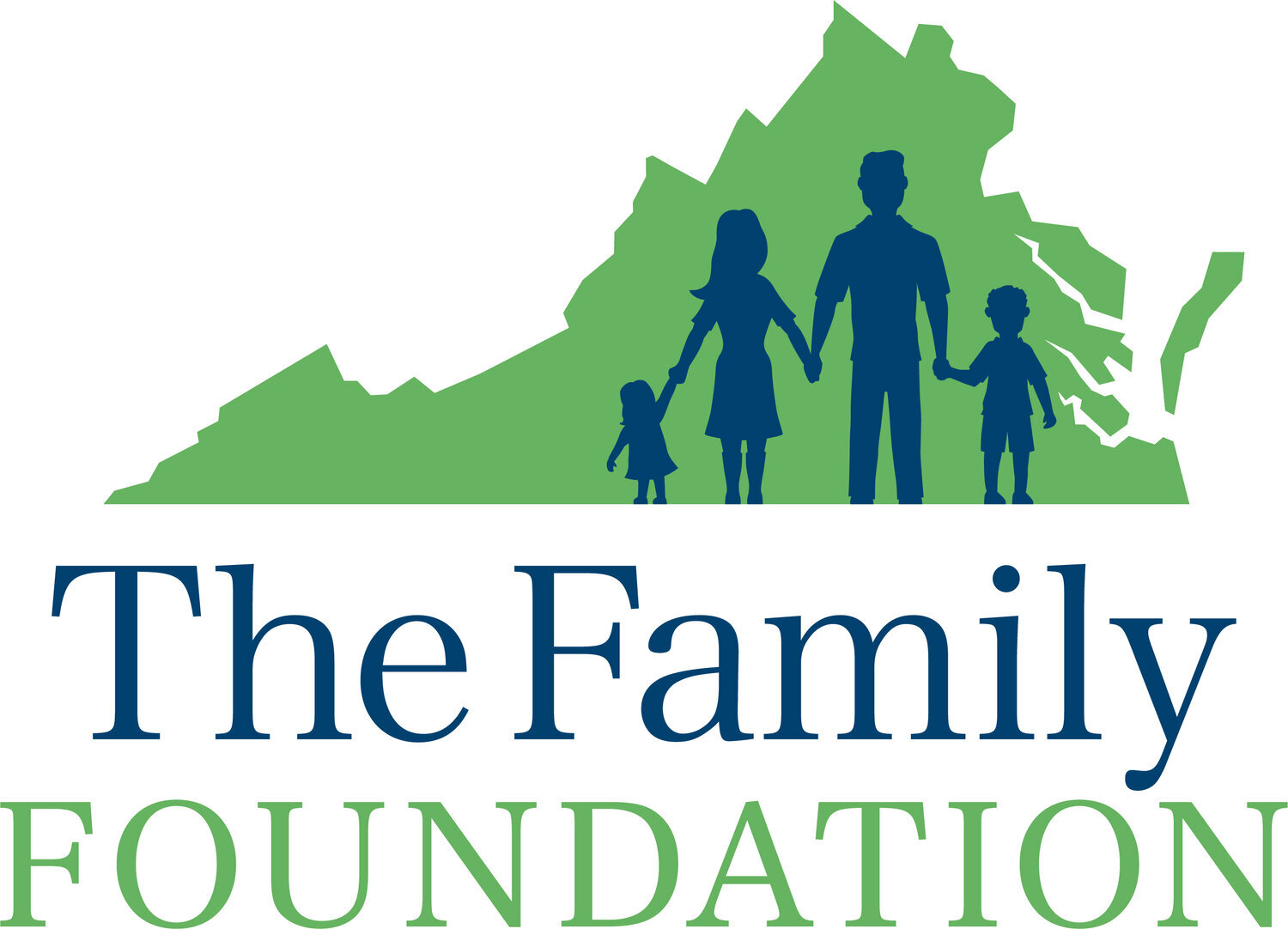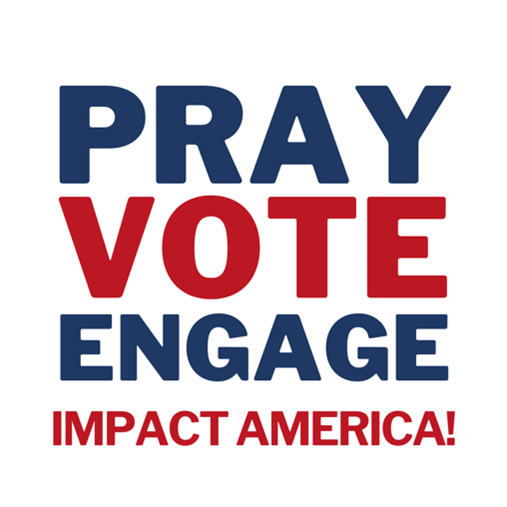Secular Liberalism and Religious Liberty: The Conflict Intensifies
Religious liberty has been a core value in the United States since its founding, protected by the First Amendment to the Constitution. The Founding Fathers understood that the freedom to follow one’s conscience and the right to exercise one’s beliefs are essential to a free and flourishing society. They made religious liberty the first of our rights because they recognized that all other freedoms depend on the right to follow one’s conscience.
Yet, this “first freedom” is increasingly under threat, especially by an advancing secular ideology that seeks to strip the United States of its religious foundations. Secular liberalism is a subsect of liberalism that elevates secularist principles and non-religious ethics, thereby promoting a ‘separation of religion and state’ and an open society void of any moral order. According to Rod Dreher, it maintains a social goal of equality and freedom achieved through what amounts to social engineering.
As Christians and people of faith, we are engaged in a great clash between religious liberty and secular liberalism that demands our immediate attention.
The Foundations of Religious Liberty in America
When America’s founders enshrined religious liberty in the Bill of Rights, they recognized it as a necessary component for maintaining a diverse and harmonious society. The American model created was different from the statist model of Europe, and embraced religious freedom, an active and diverse civil society, and a limited and decentralized government that did not try to dominate culture and gave the Church the protection and freedom needed to thrive.
Religious liberty was prioritized because it serves as the bedrock for all other freedoms; if the government can dictate or limit one’s faith, it can control any aspect of personal life. The First Amendment explicitly states, “Congress shall make no law respecting an establishment of religion or prohibiting the free exercise thereof.” The founders believed that a government powerful enough to intrude upon a person’s religious convictions would be powerful enough to undermine freedom of speech, the press, and other critical liberties.
This emphasis on religious liberty has enabled people of all faiths—particularly those of the Christian faith—to not only believe in the core tents of their faith but actually live them out in American society.
Yet, as society continues slouching towards secularism—particularly as it relates to LGBTQ and abortion issues—religious liberty and Christianity have increasingly been viewed as a roadblock rather than a pillar of a moral and ethical society.
Abortion Rights and Religious Conscience Protections
The most recent example of this clash between secular liberalism and religious liberty has emerged in the 2024 Presidential election on the issue of abortion. Vice President Kamala Harris recently articulated her view that there should be no religious exemptions regarding the provision of abortion, saying, “I don’t think we should be making concessions when we’re talking about a fundamental freedom to make decisions about your own body.” For Christians and people of faith who believe that life begins at conception, being forced to perform or assist in abortion procedures would directly violate their conscience. This kind of stance conforms to modern secular liberalism, and if implemented doctors, nurses, and hospitals with faith-based objections would become vulnerable to legal mandates that contradict their convictions.
Harris’s rejection of any form of a religious exemptions is a direct assault on the 134 million Protestant Christians and 52 million Catholics, the majority which hold a biblical view that life begins at conception and object to the practice of abortion.
These secular liberal views create an environment where religious expression is increasingly unwelcome, even punished, in the public sphere. At a recent Harris rally, Christian attendees who voiced their beliefs by proclaiming “Jesus is King” were reportedly harassed, assaulted, and even told they needed to go to the ‘smaller rally down the street’, effectively forced to leave. This hostility demonstrates a growing intolerance toward those who hold to traditional Christian values, especially when these expressions challenge prevailing political or ideological views.
LGBTQ Rights and the Curtailment of Religious Freedoms
Another area of this intense clash between secular liberalism and religious liberty is happening over the proliferation of the LGBTQ revolution. We see this play out all over the country, where individuals and organizations who conduct themselves in accordance with their traditional religious values are forced to accept, accommodate, and celebrate same-sex relationships and gender ideology.
Lorie Smith, a custom website designer, objected on free speech grounds (and as a Christian) to creating pages celebrating weddings of same-sex couples. She had to appeal all the way to the U.S. Supreme Court in 2023 for a ruling that ensured she could not be compelled to design websites that conveyed messages with which she disagreed.
Jack Phillips, the owner of Masterpiece Cake Shop in Colorado, has faced ongoing legal challenges for refusing to create custom cakes that contradict his religious convictions on marriage. Despite multiple court rulings in his favor, Phillips remains a target for lawsuits aimed at forcing him to violate his beliefs.
Barronelle Stutzman, a 76-year-old florist from Washington State, lost her business and livelihood after the Washington state attorney general sued her for refusing to design floral arrangements for a same-sex wedding, despite having served the customer for years.
Peter Vlaming, a high school teacher in Virginia who was fired for refusing to use a transgender student’s chosen pronouns. Vlaming offered to avoid pronouns altogether to respect both the student’s identity and his own religious convictions, but this compromise was rejected, and he lost his job. He was vindicated this summer when the Virginia Supreme Court ruled in his favor.
Tanner Cross, a Loudoun County public school teacher, was suspended for the comments he made in his personal capacity at a public school board meeting in May 2021 about a proposed school board policy. The Virginia Supreme Court ruled that Tanner’s constitutional rights had been violated, and he was restored to his teaching role after reaching a settlement with the Board.
In Virginia, recent legislative actions reveal the extent secular leftists sought to restrict religious freedom. In 2020, Virginia Democrats passed the “Virginia Values Act” (SB 868), which added ‘sexual orientation’ and ‘gender identity’ to the state’s anti-discrimination laws under the Virginia Human Rights Act. During the legislative debate, amendments to ensure that religious groups, including churches, schools, and synagogues, were permitted to operate according to their beliefs on marriage and sexuality were rejected by liberal lawmakers. And when there appeared to be religious exemptions that were being seriously considered on a similar bill during the legislative process, liberal Democrats and their LGBTQ advocates allowed the bill to fail instead of giving protections to religious entities.
That is how powerful secular liberal ideology can be. It sends the message: follow the law or uphold their religious convictions, forcing religious institutions to choose between their foundational beliefs and or the LGBTQ agenda that conflicts with Christian precepts and other religious traditions.
Protecting Religious Liberty for Future Generations
These legal battles and statements from secular leftist leaders reveal a broader ideological movement that threatens to drive religious expression and practice out of public life altogether. They view traditional religious beliefs as antiquated, discriminatory, and harmful to social progress. Consequently, they promote policies that not only conflict with religious beliefs, but actively seek to marginalize them.
It is critical that people of faith, particularly Christians, recognize the seriousness of this great clash of worldviews. The Founding Fathers understood the essential role of religious liberty in a free society; they knew that if the government could dictate or undermine religious practices, it could easily control other freedoms. The responsibility now falls on all of us to protect and preserve this fundamental right for future generations.
The most fundamental way we can protect this treasured right is by voting for candidates that will work to protect them, not those who pledge to take them away.

